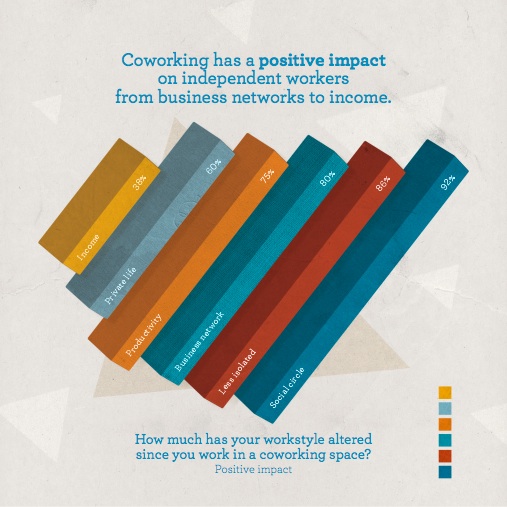Here are some of the observations and insights that were shared via social media during the past week.
@asplake – “Toyota’s change-management secret: make no distinction between day-to-day management and change management”
“The Dynamic Duo: Collaboration and Chance” by @BenZiegler via @bentrem
We live in two worlds – order and chaos. In the world of order we plan, reflect, and think about what to do next. In the world of chaos things happen, we get things done, yet unpredictability persists. In one world we like to think we are in control. In the other we mingle with increasing complexity, conflict, and uncertainty.
With increased collaboration we are better positioned, through our collective strength and diversity, to respond to whatever chaos throws our way. Sometimes we should court serendipity, says Ben Casnocha. And anyways, success is random Kare Anderson reminds us.
“little attention is placed on preparing people to deal with the trials and dilemmas associated with success” by @shauncoffey
The benefits of success to the leader and the organisation are obvious. Less readily apparent is the personal “dark side” of success which revolves largely around three psychological issues outlined by Ludwig and Longenecker (1993:270-271). These are:
Climbing the success ladder exposes leaders to negative attitudes and behaviours. There may not be apparent, but nonetheless come with the territory of successful leadership. Negatives that could be reinforced include unbalanced personal lives, a loss of touch with reality and an inflated sense of personal ability.
Leaders may become emotionally expansive – “their appetite for success, thrills, gratification, and control becomes insatiable”. They can lose the ability to be satisfied. They can become personally isolated and lack intimacy with family and friends, losing a valuable source of personal balance. They “literally lose touch with reality”.
Other factors include stress, fear of failure and the “emptiness syndrome” (“Is this all there is to success?”) An inflated sense of ego can lead to abrasiveness, close-mindedness and disrespect.
Smiling Buddha Cabaret: The usefulness of draining
Nan-in, a Japanese master during the Meiji era (1868-1912), received a university professor who came to inquire about Zen.
Nan-in served tea. He poured his visitor’s cup full, and then kept on pouring.
The professor watched the overflow until he no longer could restrain himself. “It is overfull. No more will go in!”
“Like this cup,” Nan-in said, “you are full of your own opinions and speculations. How can I show you Zen unless you first empty your cup?”


